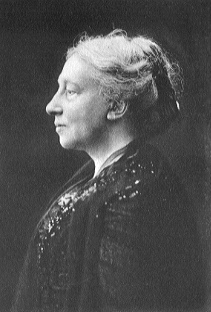A Quote by Quintilian
Prune what is turgid, elevate what is commonplace, arrange what is disorderly, introduce rhythm where the language is harsh, modify where it is too absolute.
Related Quotes
James Joyce's English was based on the rhythm of the Irish language. He wrote things that shocked English language speakers but he was thinking in Gaelic. I've sung songs that if they were in English, would have been banned too. The psyche of the Irish language is completely different to the English-speaking world.
Cliche refers to words, commonplace to ideas. Cliche describes the form or the letter, commonplace the substance or spirit. To confuse them is to confuse the thought with the expression of the thought. The cliche is immediately perceivable; the commonplace very often escapes notice if decked out in original dress. There are few examples, in any literature, of new ideas expressed in original form. The most critical mind must often be content with one or the other of these pleasures, only too happy when it is not deprived of both at once, which is not too rarely the case.
Really, doesn´t everything make sense? There are, of course, things from which we more or less recover, although some of them are too harsh even for saints. But that is no reason to accuse God. Even if there are reasons to doubt him, the fact that he did not arrange the world like a well-ordered parlor is not one of them. It speaks rather in his favor. This used to be much better understood.




































